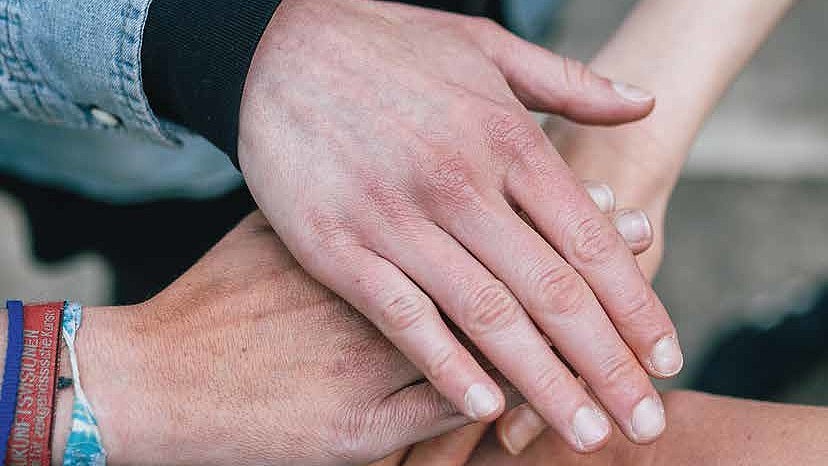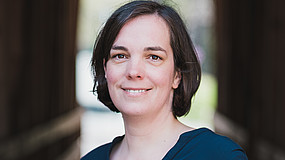TRAWOS Institute publishes brochure on gender-sensitive research in rural regions

The TRAWOS Institute at Zittau/Görlitz University of Applied Sciences has published a new brochure that offers a comprehensive insight into a decade of gender-sensitive research. The publication, written by Julia Gabler, Bernadette Rohlf, Susanne Lerche, Monique Ritter, Anika Noack and Annika Runge, is dedicated to the living conditions and prospects of women in Upper Lusatia.
With the study "Who is coming? Who is leaving? Who stays?" examined migration dynamics and developed targeted recommendations for action to make the region more attractive and liveable for women. The close cooperation with local stakeholders led to an intensive exchange between science and practice. Networks suchas "F wie Kraft","Frauen.Wahl.LOKAL Oberlausitz" and the Alliance of Municipal Equal Opportunities Officers contribute to strengthening women as key players in regional structural change.
The research also attracts attention at EU level: results and concepts from the TRAWOS Institute are used in Brussels as orientation for gender-equitable policies.
The brochure also highlights the gender-sensitive organizational development of the Zittau/Görlitz University of Applied Sciences, including the female professors programme, and offers insights into the"GAP" and"FioKo" projects, which focus on promoting women in science and STEM professions. At the same time, projects such as "Ehrenamt im Umbruch" and "ENKOR" show how much of women's commitment remains hidden and how tensions between traditional role models and innovative creative drive can be overcome.
A guest article is dedicated to the labor market effects of new government settlements in Lausitz. The results show: The creation of new jobs significantly strengthens the prospects for women to stay.
Scientific findings, regional stakeholder knowledge and the demand for effectiveness are combined in a regional design process.
”The transdisciplinary exchange and collegial collaboration between research and practice have not only provided insights, but also stimulated transformative practice. Dr. Julia Gabler, Director of the TRAWOS Institute, sees the work as a successful bridge between science and practice. With this brochure, the TRAWOS Institute sets an example for sustainable regional development and shows how gender-sensitive perspectives can be an integral part of successful structural policy.
The 'leaky pipeline' illustrates how the proportion of women in professorial positions is decreasing while the proportion of men is increasing.
